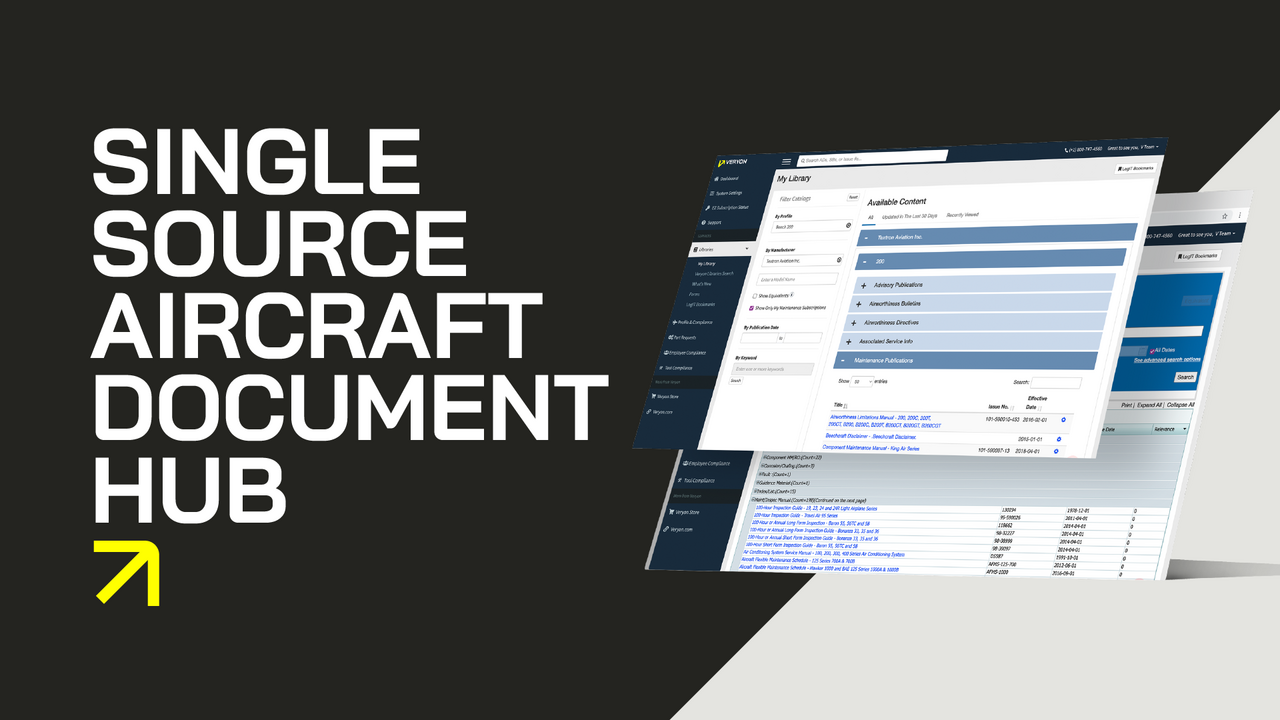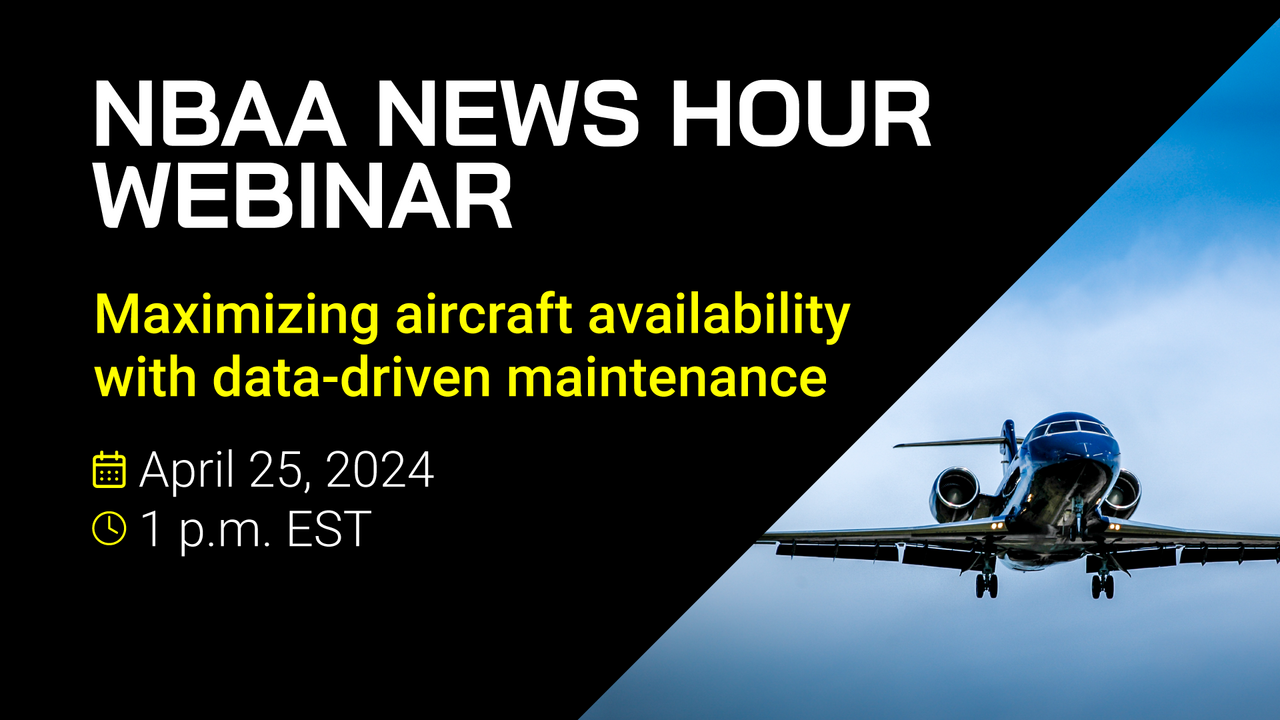2 min read
Five Ways Operators Can Retain Aircraft Value #5: Choosing the Right Aircraft Broker
ATP
Nov 9, 2021 4:57:00 AM

Choosing an Aircraft Broker
Our previous blog in the “Five Ways Operators Can Retain Aircraft Value” series discussed how selecting the right MRO can enhance your aircraft’s value. Choosing the right broker can help maximize your aircraft’s value, too.
When you’re getting ready to sell your aircraft, you need to take the necessary steps to find and select an aircraft broker that works best for your operation, said ATP’s Vice President of Marketing and Engagement Lee Brewster, who hosted a recent webinar on this topic.
As you consider your options, keep in mind that some of the most successful aircraft brokers:
- Have depth of experience in the aviation industry, and particularly with the aircraft make/model you’re interested in
- Offer a team approach prioritizing the customer experience
- Offer experts in areas of specialization like contracts, research, technical issues, etc.
- Hold the necessary certifications
- Have good references from credible sources
- Provide a turnkey solution
“You have a lot of people claiming to be brokers – thousands of them,” warned Jared Hasty, director of sales and key accounts for aircraft broker OGARAJETS, during the webinar with Brewster. “Just know what you’re getting into…. Is it a broker, or do they actually have a team? If they have a team, how many people do they have on the team?”
The right aircraft broker can deliver value to you in a myriad of ways, from “removing one word or adjusting it in a purchase agreement, [to] knowing to borescope one part of a plane just based on experience and checklists,” said Hasty. “If they find one thing, they will save multiples on their fee, and they should be earning their fee,” he said.
Conclusion
In the ideal scenario, a business aircraft may be considered to have a good pedigree if it has a range of desirable characteristics, such as being based and maintained in the U.S., having low flight time, being fully programmed, having cutting-edge connectivity technology installed, and so on.
But pedigree aside, success in retaining your business aircraft’s value will largely come down to the right preparation and doing your due diligence in the five areas outlined within this blog series, namely: organizing logbooks and loose equipment, maintaining and staging the aircraft, utilizing an engine program, selecting the right MRO and choosing the right aircraft broker.
If you don’t take the time to research, do the necessary work, and pay for what’s needed to maintain your aircraft up front, you’ll almost certainly pay later when your aircraft’s resale value is reduced – even in a seller’s market.
To access Hasty and Brewster’s full discussion, watch the ATP webinar titled “Pay Now or Pay Later: 5 Tips and Tools to Retain Your Aircraft’s Value.”
This blog post concludes our series titled “Five Ways Operators Can Retain Aircraft Value.” View the earlier articles in the series:
• Part 1: Organizing Logbooks & Loose Equipment
• Part 2: Staging the Aircraft
• Part 3: Utilizing an Engine Program
• Part 4: Selecting the Right MRO
About ATP.
ATP is the leading provider of aviation software and information services.
Our innovative product lines, including Flightdocs, Aviation Hub, ChronicX, and SpotLight, reduce operating costs, improve aircraft reliability, and support technical knowledge sharing and collaboration in all aviation and aerospace industry sectors.
The products and services of ATP support more than 75,000 aircraft maintenance professionals worldwide. As a global company, ATP has more than 7,500 customers in 137 countries and partnerships with over 90 OEMs.




